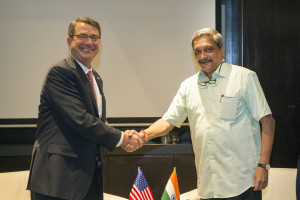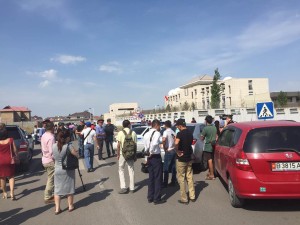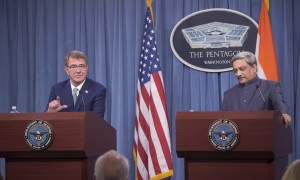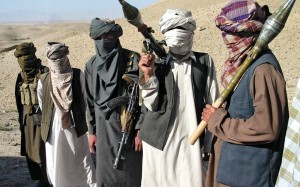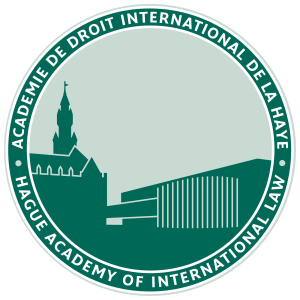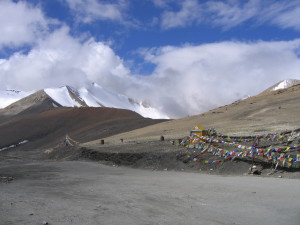Inderjit Panjrath writes: The media has been abuzz with varying analyses of the recently concluded Logistics Exchange Memorandum of Agreement (LEMOA) between India and the United States.
All posts by admin - 103. page
Dr. Roshan Khanijo's academic qualification includes BSc, MA and PhD. Her topic for the doctoral thesis was "Nuclear Non-Proliferation Treaty and Developing Countries – A Critical Appraisal" She is the author of a book "Complexities and Challenges of Nuclear India" She was the member of the study team which did the Net Assessment on China and South Asia. She has been a panelist in Panel Discussions on nuclear issues. She presented a paper in the seminar organized by CIISS (China Institute for International and strategic Studies) in Beijing .She also took part in the discussions held by CICIR (China Institute of Contemporary International Relations) in Beijing. She has taken guest lectures for Jindal International University .Currently she is working as a Research Fellow at USI.
Suicide Bombing at Chinese Embassy in Kyrgyzstan : There are No Good Terrorists
Anurag Dwivedi writes: The highly condemnable terror attack on its embassy in the Kyrgyz Republic is a good opportunity for China to review its stand on treating some terrorists as bad and others as good — there are no good or bad terrorists – there are just terrorists.
India, US Sign Military Logistics Pact
Bhatnagar writes: The signing of LEMOA between India, an emerging power and US signals emergence of a ‘Strategic Partnership’ which has portends of changing the regional geostrategic landscape.
China’s Double Talk on Terrorism
Roshan writes: China’s recent comment on Baluchistan stating –“China will have “to get involved” if any Indian “plot” disrupts the $46 billion China-Pakistan Economic Corridor (CPEC) in restive Balochistan[i], “ is an immature statement befitting a nation aspiring to be a regional power and not a global power.
Rising Powers and Peacebuilding Workshop
Lt Gen Chander Prakash (Retd) Writes: Current approaches to peace building are West dominated and ignore local context. New actors such as Brazil, China, India, Indonesia, Russia, South Africa and Turkey are emerging on the global scene as new donors.
Connecting the Dots : Lessons in Info Ops from China and Pakistan
Anurag Dwivedi writes: Noisy democracies like India are particularly vulnerable to such systematic Info Op campaigns backed by half truths. The Indian state can ill afford to fail in connecting the dots.

